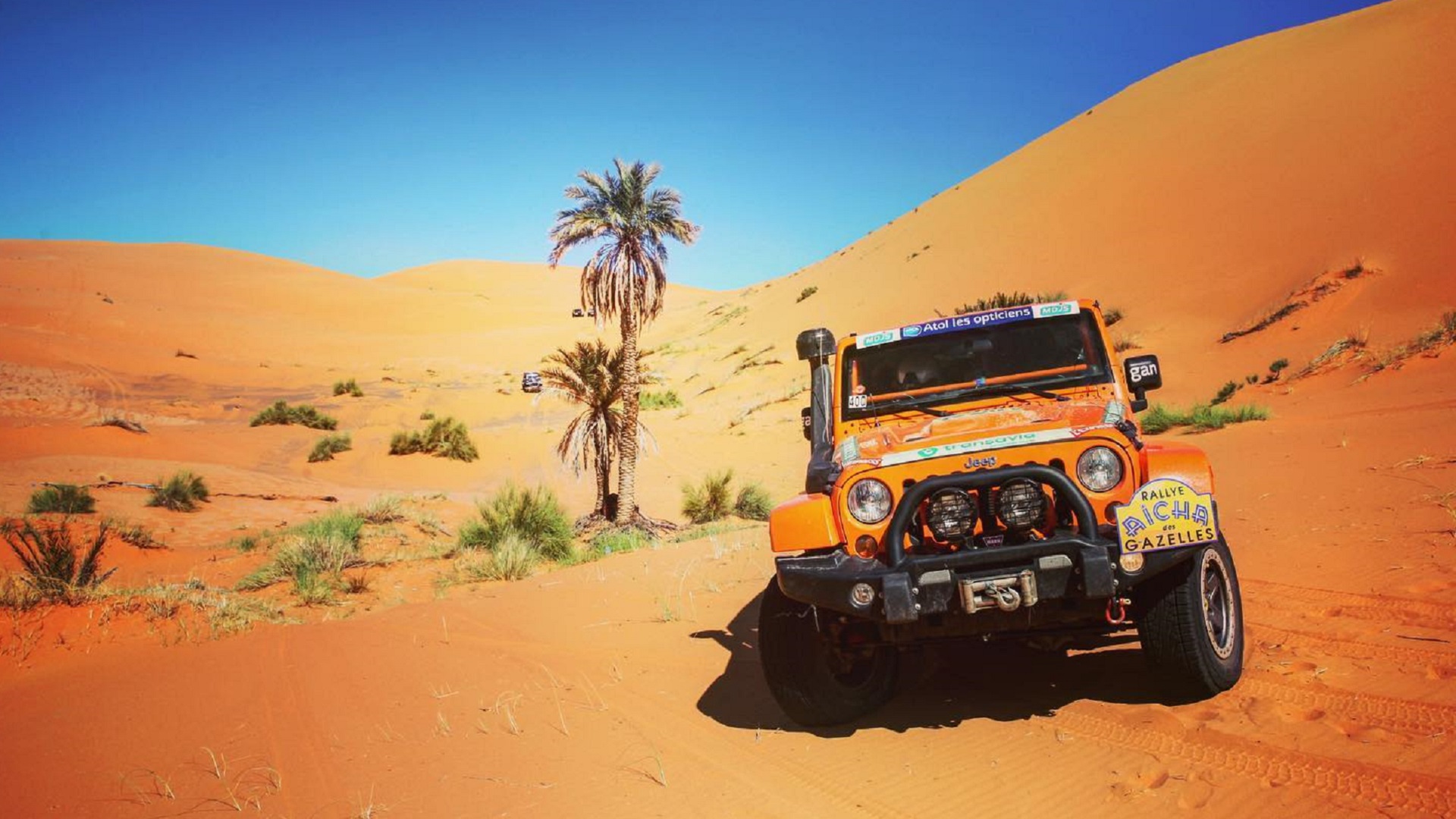

For the first year, the legendary Dakar Rally has added a Classic category, led by historic-vehicle specialist Yves Loubet and former rally driver Alain Lopes. Driver Amy Lerner, who has competed for 10 years around the world, is tackling the Dakar for the first time with a twist: she’s driving a Henrard-Racing-prepared 1982 Porsche 911 that she’s never driven before now.
She’s heading out to Jeddah, Saudi Arabia today, via a circuitous route through Lisbon, Portugal to Barcelona, Spain, where she’ll catch a charter plane with other competitors. COVID-19 protocols are strictly enforced, and each participant is tested before they leave and throughout the event. No one wants to catch the virus in the middle of the desert, and abiding by the rules is critical.
The Porsche has new shocks, extra skid plates, a reinforced FIA-approved race cage, rear running lights so competitors can better see them in the swirling dust, and brand-spanking-new Recaro race seats. Both Lerner and her teammate Sarah Bossaert will be on high alert for the duration of their event, which is a regularity rally. The classic division runs parallel to the main Dakar and shares the same starting and finishing points and bivouac; however, their 12-stage route takes into account the power and technical characteristics of the vehicles to avoid mechanical problems and overheating engines. The sandy desert is challenging for even experienced drivers.

The first Dakar Rally kicked off in 1978 and was originally routed from Paris, France, to Dakar, Senegal in northern Africa. In 2008, security threats in Mauritania (which shares a border with Senegal) resulted in the cancellation of the rally that year. The organizers decided to pack up and move the whole thing to South America in 2009 but kept the name of the rally the same, and rallied there until 2019. At the beginning of 2020, they returned to the Middle East and hosted it in Saudi Arabia, and the 2021 edition is about to begin in a little over a week on January 3.
Lerner has been racing off-road and in rallies for more than 10 years; her first rally was the Gazelle in Morocco. In 2013, she won her class in the Australasian Safari Rally (imagine the scenery!) and won the overall production and Dakar challenge awards, the latter of which earning her an entry to the Dakar rally. She held onto that award for several years, however, waiting to compete in that event until now.
In the meantime, Lerner participated in the first Rebelle Rally in 2016 and stepped onto the podium after taking on the Mint 400 in Las Vegas. She drove the Mint in 2017 with Shelby Hall–the legendary driver Rod Hall’s granddaughter–in the 1968 Ford Bronco that Rod drove to victory in the 1969 Baja 1000.
Lerner’s team is lean and mean: she is bringing along the two Belgian wrenchers from Henrard Racing who built the car, plus team manager Judith Tomaselli and media manager Sue Mead, both of whom have covered the Dakar as journalists several times. Her co-driver is Sarah Bossaert, who has no motorsports experience but her expertise as an architect and competitive sailor, which will give her the mindset she needs to be an effective teammate in this precision rally.
The Dakar Classic is set up for competitors to run at a prescribed speed the whole time, but that speed could change every kilometer. That kind of restraint is much different from a road race.
“It’s very precision-based and mental,” Lerner says. “You’re not just going as fast as you can.”
Correction: Saturday, Dec 26 @ 4:23 pm ET: A previous version of this story mistakenly listed “FIA-approved” as “FAA-approved”. The Drive regrets the error.
Got a tip? Send us a note: tips@thedrive.com